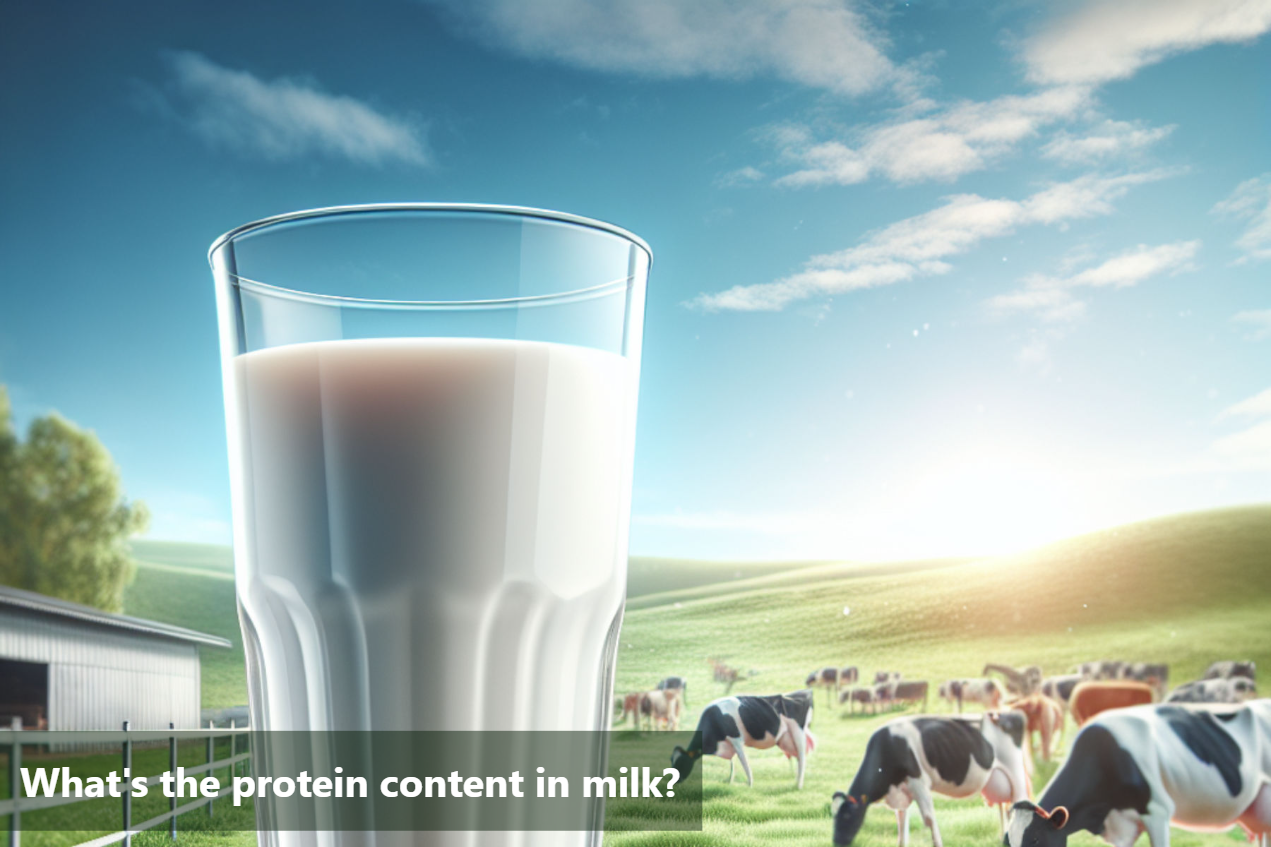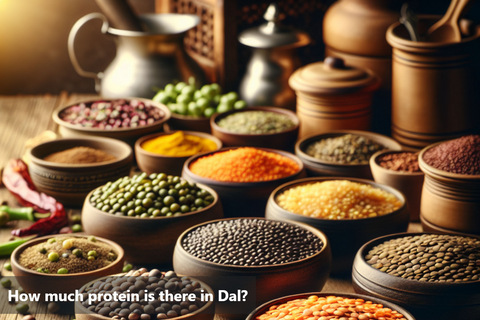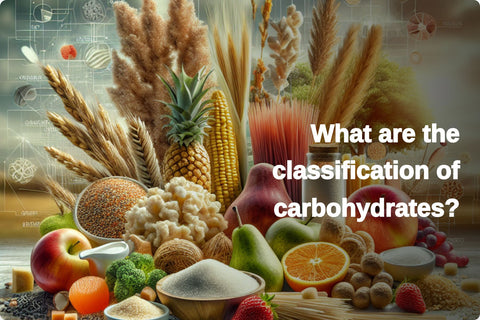
What's the protein content in milk?
Protein is an essential nutrient that plays a crucial role in our overall health and well-being. One excellent source of protein is milk. A single glass of milk, typically around 250ml, contains a significant amount of protein. This protein content in milk makes it a convenient and nutritious option for meeting our daily protein requirements.
Protein in milk not only helps in muscle growth and repair but also supports the immune system and provides a feeling of fullness, which can aid in weight management. Additionally, milk is rich in other essential nutrients like calcium, vitamin D, and potassium, further enhancing its nutritional value.
Understanding the protein content in milk and its importance can empower individuals to make informed choices when it comes to their dietary intake.

Protein Content in Milk
One cup (249 grams) of whole cow’s milk provides:
Calories |
152 |
Water |
88% |
Protein |
8.14 grams |
Carbs |
12 grams |
Sugar |
12 grams |
Fiber |
0 grams |
Fat |
8 grams |
Health Benefits of Milk Protein
Muscle Growth and Repair: Milk protein, particularly whey and casein, provides essential amino acids crucial for muscle synthesis, aiding in muscle growth and repair.
Weight Management: Protein in milk helps increase satiety, reduce appetite, and maintain muscle mass, supporting weight management goals.
Bone Health: Milk protein contains calcium and other minerals vital for bone health, promoting bone strength and density, reducing the risk of osteoporosis.
Improved Immunity: Whey protein in milk contains immunoglobulins and other immune-enhancing compounds that support a healthy immune system, helping to fight off infections and illnesses.
Healthy Metabolism: Milk protein can boost metabolism due to its thermic effect, aiding in calorie burning and fat loss.
Reduced Risk of Chronic Diseases: Consumption of milk protein has been associated with a reduced risk of chronic diseases such as cardiovascular disease, type 2 diabetes, and hypertension.
Blood Sugar Regulation: Milk protein, particularly casein, has been shown to help regulate blood sugar levels by slowing down the absorption of glucose into the bloodstream, reducing the risk of insulin resistance and diabetes.
Nutrient Absorption: Protein in milk aids in the absorption of essential nutrients such as vitamin D, calcium, and magnesium, ensuring optimal nutrient utilization and overall health.
Healthy Skin, Hair, and Nails: Milk protein provides the building blocks for collagen synthesis, promoting healthy skin, hair, and nails.
Satiety and Hunger Control: Including milk protein in meals and snacks can help control hunger and promote feelings of fullness, reducing overall calorie intake and aiding in weight management.
Milk Treats at home
Creamy Macaroni and Cheese |
|
Milk Pudding |
|
Milk Tea (Chai) |
|
Creamy Mushroom Soup |
|
Rice Pudding (Kheer) |
|

Quantifying Protein in Milk: Understanding its Nutritional Value
Milk stands out as a significant source of protein which plays a vital role in maintaining a balanced diet. A single glass of milk, typically around 250ml, contains about 8g of protein, making it a convenient way to add this essential nutrient to your daily intake. Proteins in 250ml of milk contribute to energy, muscle growth, and repair within the body.
Considering the protein content in milk, it competes well with other protein sources like meat, eggs, and plant-based alternatives. The protein available in milk is a complete protein, providing all essential amino acids required by the body for various functions. Integrating milk into your diet can be particularly beneficial for muscle building, weight management, and overall health maintenance. Its protein content supports muscle repair post-exercise and enhances muscle mass development over time.
Acknowledging the protein richness in milk and incorporating it into your daily meals is a simple yet effective way to ensure you meet your protein requirements while enjoying the associated health benefits.
This Blog post is an initiative by Lo! Foods, to provide accurate and Nutritionist / Doctor approved information related to Health. Lo! Foods is India's leading brand for Everyday Functional Foods. Foods designed for specific Health conditions or Needs. Lo! Foods also runs India's largest range of Low Carb Healthy Cloud Kitchens, under the brand names of Lo!, ProteinChef, ATH (All Things Healthy) and DiabeSmart.











Leave a comment
Your email address will not be published.